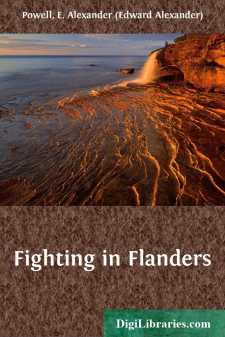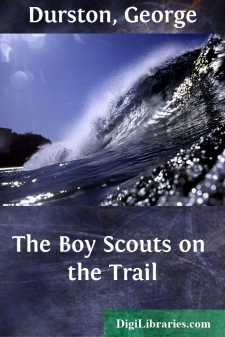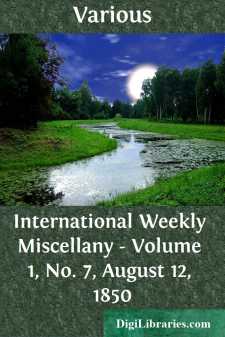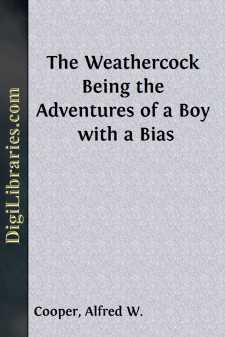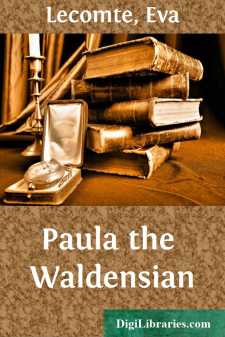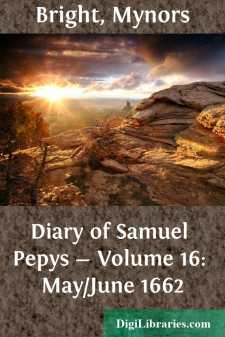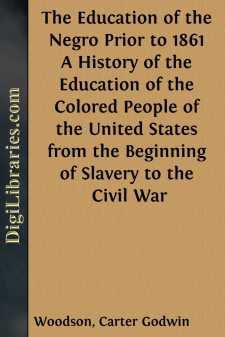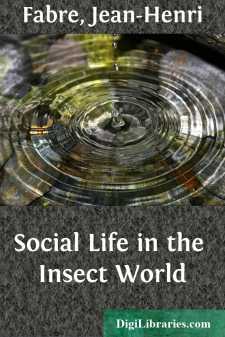Categories
- Antiques & Collectibles 13
- Architecture 36
- Art 48
- Bibles 22
- Biography & Autobiography 813
- Body, Mind & Spirit 142
- Business & Economics 28
- Children's Books 17
- Children's Fiction 14
- Computers 4
- Cooking 94
- Crafts & Hobbies 4
- Drama 346
- Education 46
- Family & Relationships 57
- Fiction 11829
- Games 19
- Gardening 17
- Health & Fitness 34
- History 1377
- House & Home 1
- Humor 147
- Juvenile Fiction 1873
- Juvenile Nonfiction 202
- Language Arts & Disciplines 88
- Law 16
- Literary Collections 686
- Literary Criticism 179
- Mathematics 13
- Medical 41
- Music 40
- Nature 179
- Non-Classifiable 1768
- Performing Arts 7
- Periodicals 1453
- Philosophy 64
- Photography 2
- Poetry 896
- Political Science 203
- Psychology 42
- Reference 154
- Religion 513
- Science 126
- Self-Help 84
- Social Science 81
- Sports & Recreation 34
- Study Aids 3
- Technology & Engineering 59
- Transportation 23
- Travel 463
- True Crime 29
Sort by:
The bombardment of Antwerp began about ten o'clock on the evening of Wednesday, October 7. The first shell to fall within the city struck a house in the Berchem district, killing a fourteen-year-old boy and wounding his mother and little sister. The second decapitated a street-sweeper as he was running for shelter. Throughout the night the rain of death continued without cessation, the shells...
more...
by:
George Durston
CHAPTER I PLANS FOR THE HOLIDAYS "Where are you going to spend the holidays, Frank?" The speaker was Henri Martin, a French boy of the new type that has sprung up in France since games like football and tennis began to be generally encouraged. He asked the question of his schoolmate, Frank Barnes, son of a French mother and an American father. Frank's name was really Francois; his mother...
more...
by:
Richard Barnum
CHAPTER I MAPPO AND THE COCOANUT Once upon a time, not so very many years ago, there lived in a tree, in a big woods, a little monkey boy. It was in a far-off country, where this little monkey lived, so far that you would have to travel many days in the steam cars, and in a steamship, to get there. The name of the little monkey boy was Mappo, and he had two brothers and two sisters, and also a papa and...
more...
by:
Various
WOMEN AND LITERATURE IN FRANCE. From a sprightly letter from Paris to the Cologne Gazette, we translate for The International the following account of the position of women in the French Republic, together with the accompanying gossip concerning sundry ladies whose names have long been quite prominently before the public: "It is curious that the idea of the emancipation of women should have...
more...
by:
Alfred W. Cooper
Toadstools! “Oh, I say, here’s a game! What’s he up to now?” “Hi! Vane! Old weathercock! Hold hard!” “Do you hear? Which way does the wind blow?” Three salutations shouted at a lad of about sixteen, who had just shown himself at the edge of a wood on the sunny slope of the Southwolds, one glorious September morning, when the spider-webs were still glittering with iridescent colours, as...
more...
by:
Eva Lecomte
CHAPTER ONE AN UNEXPECTED LETTER Clearly engraved on the walls of my memory there still remains a picture of the great gray house where I spent my childhood. It was originally used for more than a hundred years as the convent of the "White Ladies", with its four long galleries, one above the other, looking proudly down upon the humbler dwellings of the village. On the side of the house, where...
more...
by:
Mynors Bright
May 1st. Sir G. Carteret, Sir W. Pen, and myself, with our clerks, set out this morning from Portsmouth very early, and got by noon to Petersfield; several officers of the Yard accompanying us so far. Here we dined and were merry. At dinner comes my Lord Carlingford from London, going to Portsmouth: tells us that the Duchess of York is brought to bed of a girl,—[Mary, afterwards Queen of...
more...
CHAPTER I INTRODUCTION Brought from the African wilds to constitute the laboring class of a pioneering society in the new world, the heathen slaves had to be trained to meet the needs of their environment. It required little argument to convince intelligent masters that slaves who had some conception of modern civilization and understood the language of their owners would be more valuable than rude men...
more...
CHAPTER I. I FIND MYSELF A FOUNDLING. My earliest recollections are of a square courtyard surrounded by high walls and paved with blue and white pebbles in geometrical patterns—circles, parallelograms, and lozenges. Two of these walls were blank, and had been coped with broken bottles; a third, similarly coped, had heavy folding doors of timber, leaden-grey in colour and studded with black...
more...
by:
Jean-Henri Fabre
CHAPTER I THE FABLE OF THE CIGALE AND THE ANT Fame is the daughter of Legend. In the world of creatures, as in the world of men, the story precedes and outlives history. There are many instances of the fact that if an insect attract our attention for this reason or that, it is given a place in those legends of the people whose last care is truth. For example, who is there that does not, at least by...
more...


